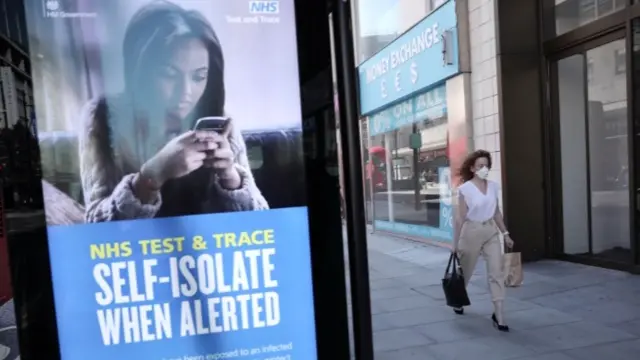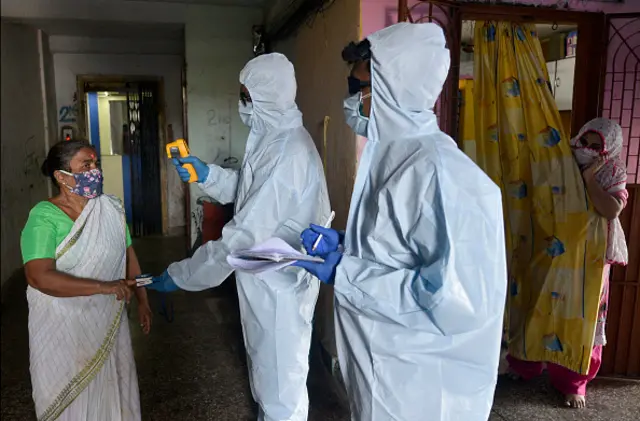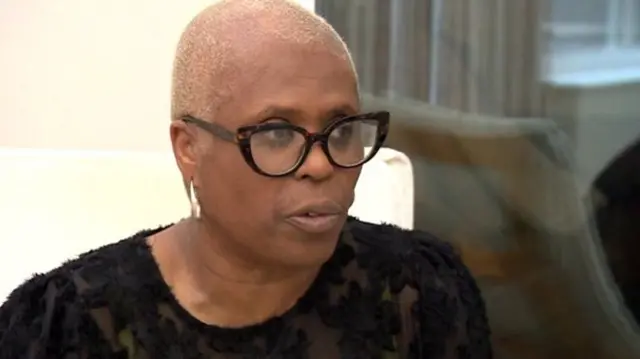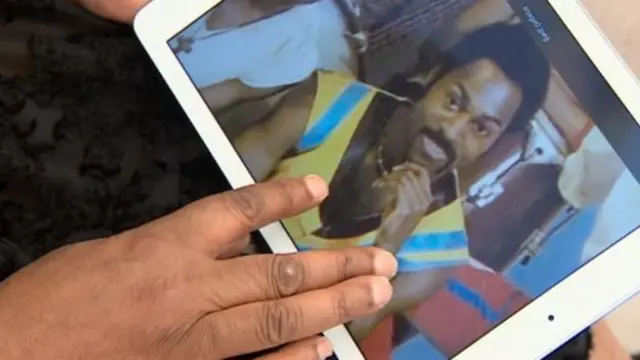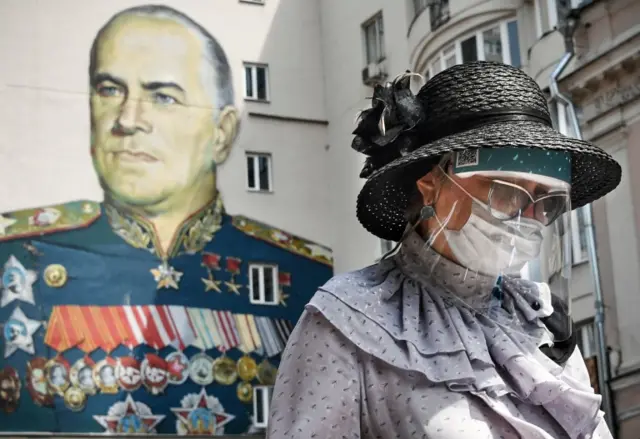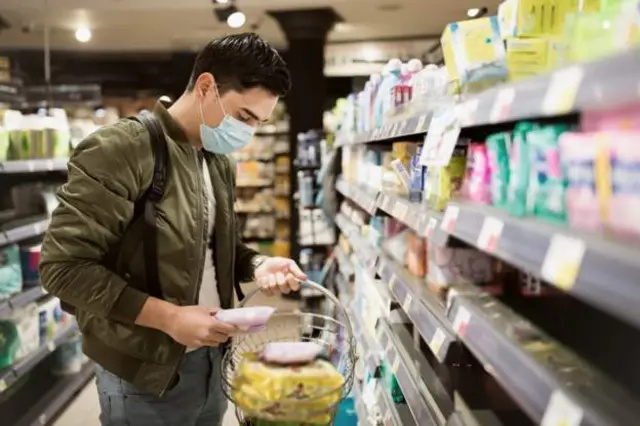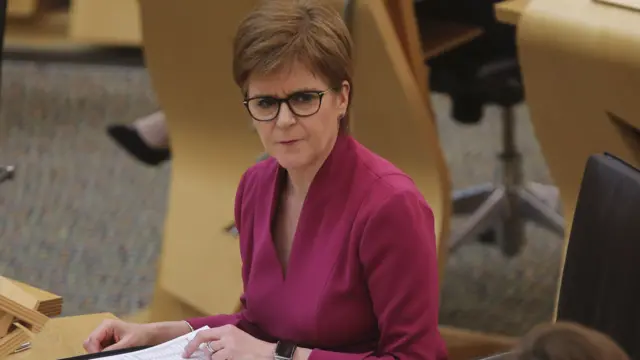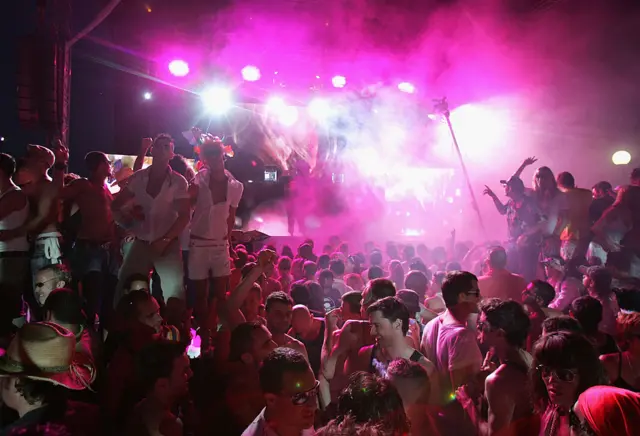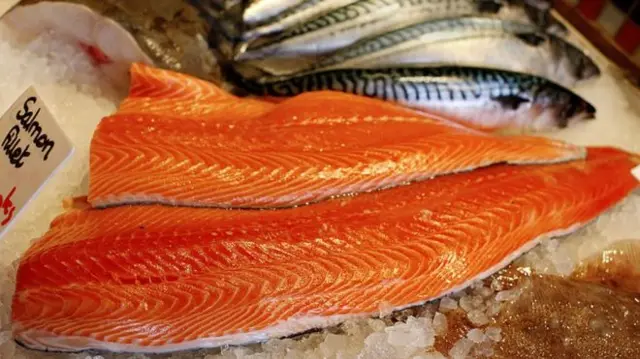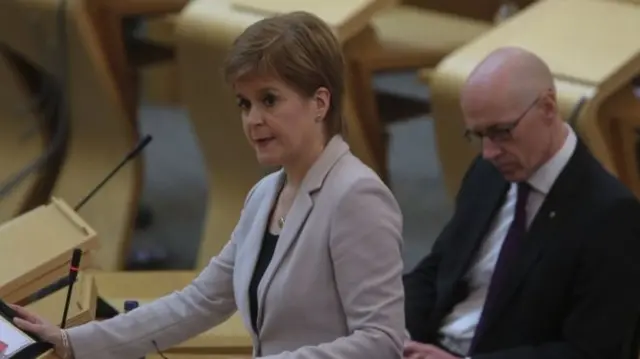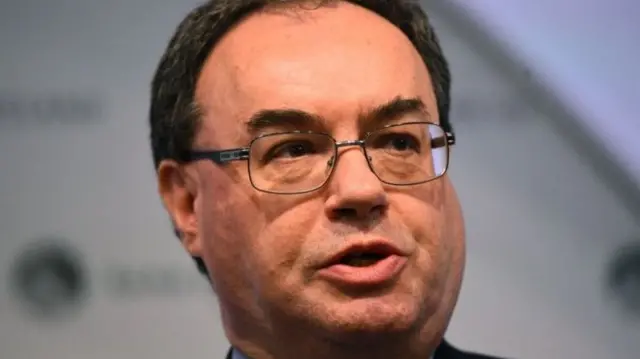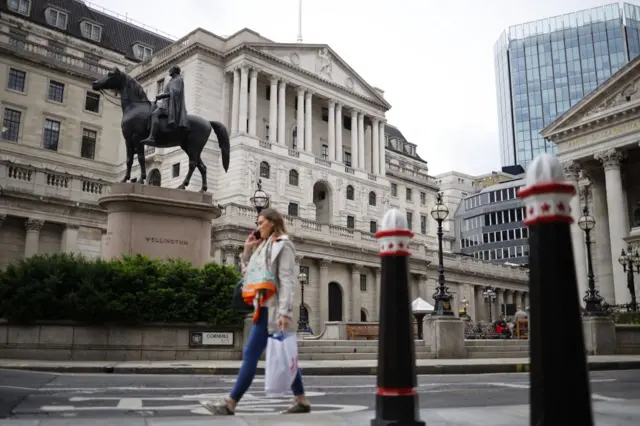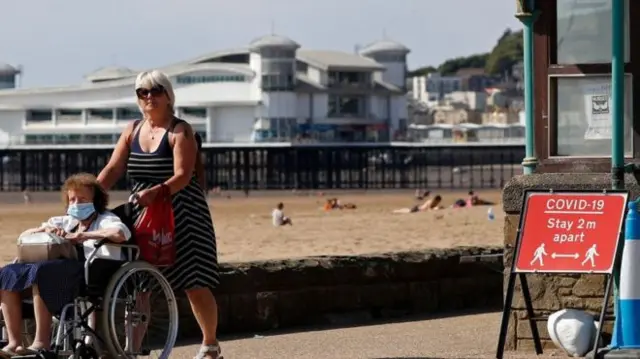What are the latest developments?published at 14:24 BST 18 June 2020
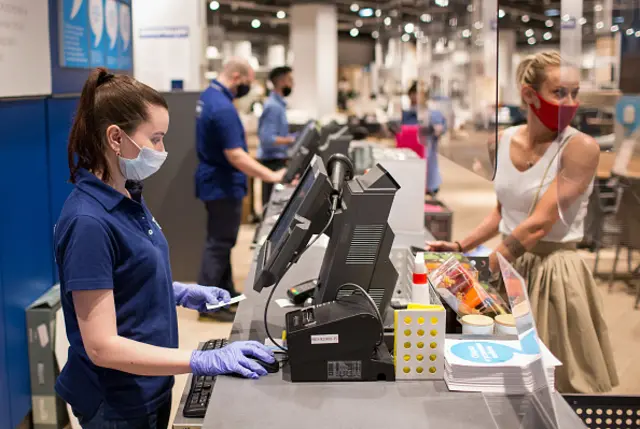 Image source, Getty
Image source, GettyHello and thank you for following our rolling coverage of the coronavirus pandemic. If you're just joining us, here are some of the biggest developments from today:
- At least another 130,000 people worldwide have died during the coronavirus pandemic on top of 440,000 officially recorded deaths from the virus, according to BBC research
- In a major U-turn, the UK is abandoning the underpinnings of its existing coronavirus-tracing app and switching to a model based on technology provided by Apple and Google. The government is expected to confirm the news soon
- The Bank of England, the UK’s central bank, has announced £100bn ($124bn) in fresh stimulus to support the UK economy. It also kept the benchmark interest rate on hold at 0.1% - a historic low
- Nearly 500 Russian medics are now said to have died after contracting coronavirus, a huge rise on the previous figure of just over 100
